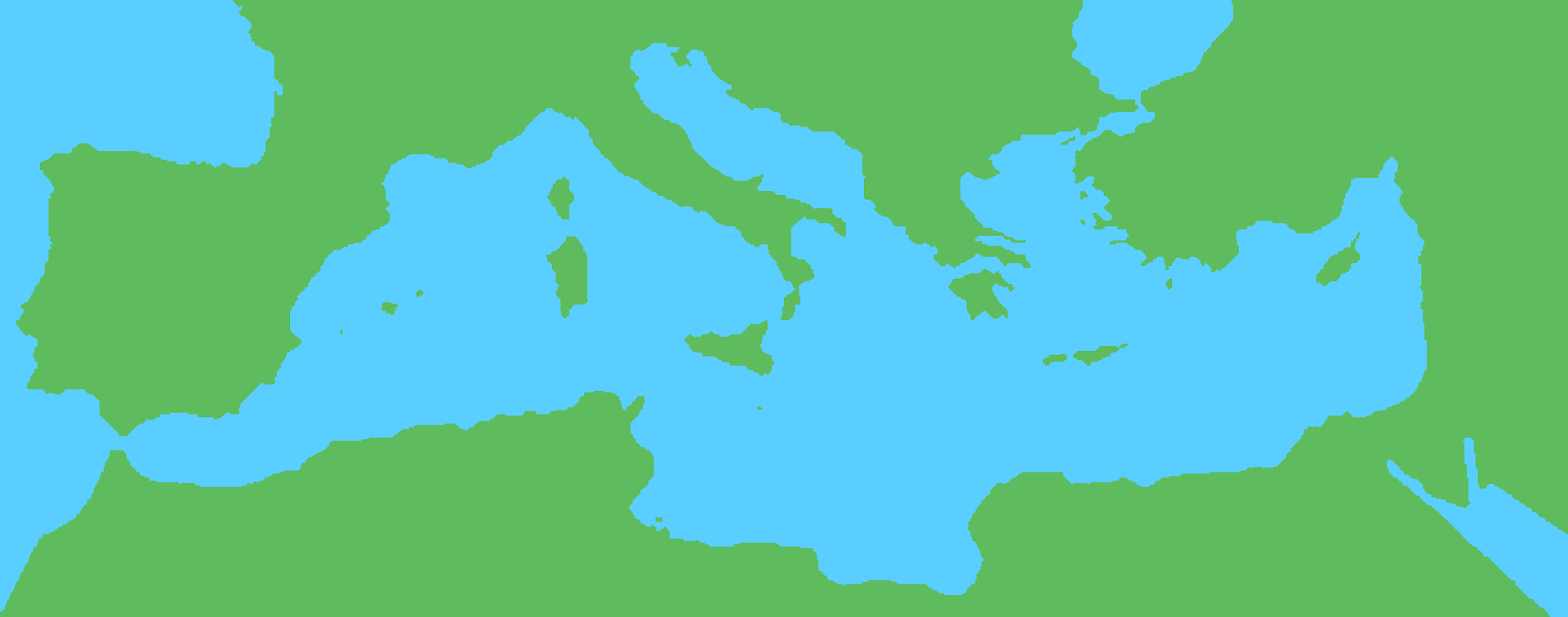Syria. On 1st May US-backed fighters cornered the Islamic State
group in Tabqa. The Syrian Democratic Forces (SDF), an alliance of
Kurdish and Arab fighters, were in control of all but a fifth of the
city, while the near dam remains under IS control. However, Syrian
rebels suspended their participation in the latest round of Russian-backed peace talks
in Kazakhstan in protest at ongoing bombardments. The sides were in the
Kazakh capital Astana for a new round of talks aiming at the creation
of de-escalation zones upon which Russia, Turkey and Iran agreed.
Egypt. Three Egyptian police officers have been killed in a drive-by-shooting in Cairo by men armed with machine guns in the busy neighbourhood of Nasr City.
Russia. On the 2nd German Chancellor Angela Merkel
has arrived in the Black Sea resort city of Sochi to meet Russian
President Vladimir Putin for talks expected to focus on the conflicts in
Ukraine and Syria. Merkel’s visit comes amid a highly confrontational
situation.
Libya. Fayez al-Sarraj has met General Khalifa Haftar in the United Arab Emirates, in a rare meeting between the key figures. Although there was no official statement after the meeting, sources close to Haftar described it as positive.
It could represent a turning-point in the war-torn Libya and the first
step toward a united government in which both Sarraj and Haftar could
play a key role. Libya has become a hot spot of instability, illegal
human trafficking, terrorism, and also illicit weapons sales, as a recent report of Small Arms Survey demonstrates.
Algeria. On 4th Algerians voted for a new parliament
but candidates have found a public disillusioned by an opaque political
system and what many see as the government’s failure to keep its
promises. More than 12,000 candidates are competing for the 462 seats of
the People’s National Assembly. The election was the first since
Algerian politicians amended the country’s constitutional law, giving
more power to the legislature. The challenges facing Algeria
today are numerous. Yet the major problems are socio-economic and
closely related to the massive drop in oil revenues. Although the regime shows a remarkable degree of stability and continuity, the country has several economic and security problems.
Jordan. Jordan and the United States kicked off annual military exercises on 7th
known as Eager Lion with about 7,400 troops from more than 20 nations
taking part. The manoeuvres would include border security,
cyber-defence, and “command and control” exercises to bolster
coordination in response to threats including “terrorism”. Jordan is a
key U.S. ally in the Middle East and the drills represent a way to
bolster their cooperation in light of the Syrian civil war.
Iraq. On 4th
an Iraqi offensive to take back Mosul from ISIL gained new momentum
with an armored division trying to advance into the city from the
northern side; however the situation in Mosul is complex and far from
over. ISIS has demonstrated to be very resilient since it has carried
out terrorist attacks in Kirkuk and in al-Anbar province. Moreover, Iraqi insurgents groups are numerous and could provoke instability even after the liberation of Mosul.
Reading tip:
Dario Cristiani, senior analyst at the Global Governance Institute, has
recently published an interesting analysis on al-Qaeda in the Islamic
Maghreb (AQIM) you can find here.

